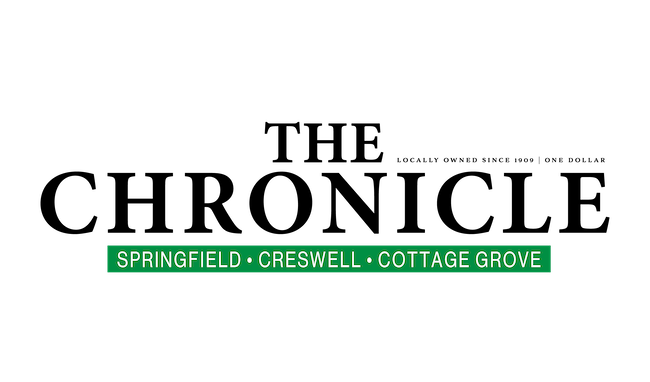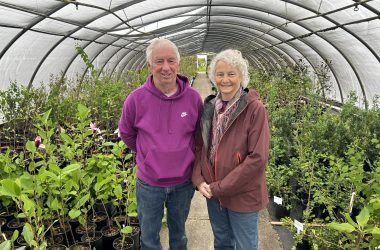
My private practice is called Northwest Ecotherapy, and I’m often asked “So what IS ecotherapy?”
Ecotherapy is a nature-based therapeutic method that enlarges the traditional scope of treatment to include the human-nature relationship. Ecotherapy employs the practices and principles of Ecopsychology – a specialized field of psychology — which recognizes that our inner world and the outer world are deeply connected. For hundreds of thousands of years, our species came of age interacting with nature that has shaped the human psyche and nurtured our existence. But with an increasingly urban and technological society, many of us are removed from the natural world, often leaving us feeling like something is missing or like we’re alone. Recent studies show that kids in the United States spend an average of more than nine hours each day interacting with a screen, and only four to seven minutes outdoors in free play.
There is an increasing body of literature that demonstrates that time spent interacting with nature has a positive effect on mood, creativity, and a general sense of well-being and happiness. Studies also suggest that time in the outdoors decreases rumination associated with depression, lessens anxiety, and increases a sense of calm. Think about it. How do you feel after spending an afternoon hiking in the woods, walking on the beach, fishing in the river, or digging in the garden?
Traditional therapy typically stops at the urban boundary and focuses on human-to-human relationships. Ecotherapy includes all of what traditional therapy focuses on – and adds the ecological dimension, including the relationship the client has or doesn’t have with the natural world. This method invites nature into the therapeutic process as a partner, not just a pretty backdrop. For some clients, this means their sessions are held outdoors and often take the form of ‘walk and talk’ therapy. For others, it means they may have homework assignments or are given ‘nature prescriptions’ between sessions that invite them to interact with nature in ways that are skillfully designed by the therapist to address the client’s presenting concerns. Ecotherapy opens the door to experiences in the natural world and maps those experiences onto one’s internal landscape, enriching the therapeutic process. Ecotherapists also bring nature into the office by using nature metaphors and guided meditations, and by including nature art, natural colors and textures, natural objects, water features, and plants in the office setting.
Over the years, I have found that almost any therapeutic issue can be addressed with work that involves nature-based practices. As humans, we’re looking for a sense of belonging. When people are in pain, or dealing with loss, grief, or trauma, they are looking for grounding. As more people have been directly impacted by the global pandemic of COVID-19 and by extreme weather events associated with climate change, like the recent wildfires that touched our community this past September, there is growing awareness of the fragility of our human existence and of the planet.
Ecotherapy is a potent therapeutic method to address the losses and the anxiety, and to foster our strength and resilience. We can all
benefit from an intentional, conscious connection to the natural world of which we are a part.
Patricia Hasbach, Ph.D. is a private practitioner/owner of Northwest Ecotherapy in Eugene, and the Co-Director of the Ecopsychology Program at Lewis & Clark College. She is the co-author of Ecopsychology: Science, Totems, and the Technological Species and The Rediscovery of the Wild.








